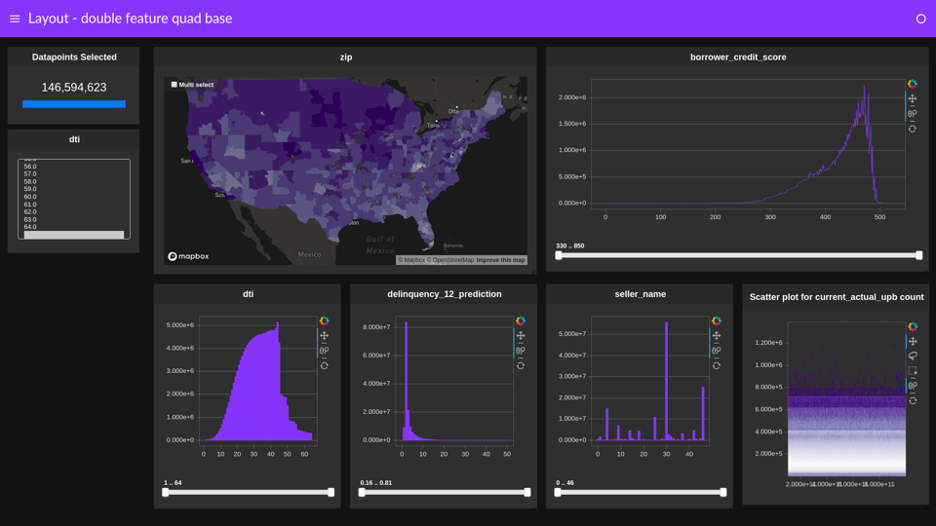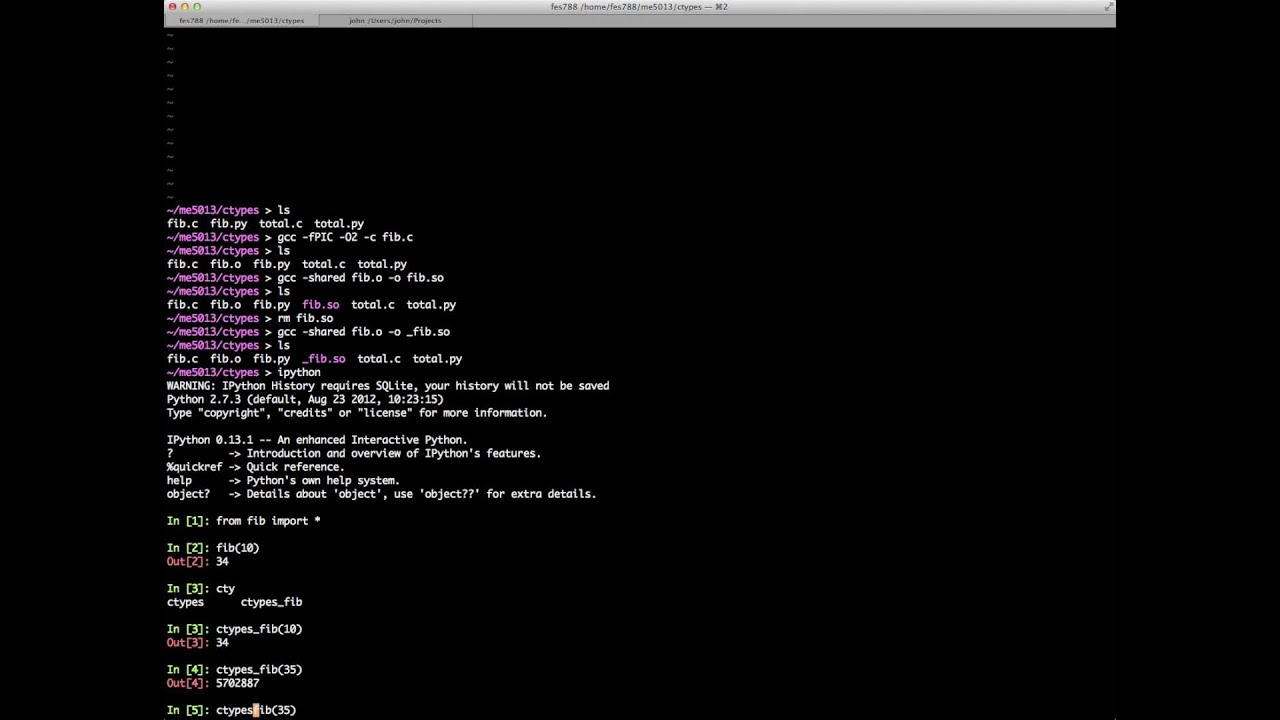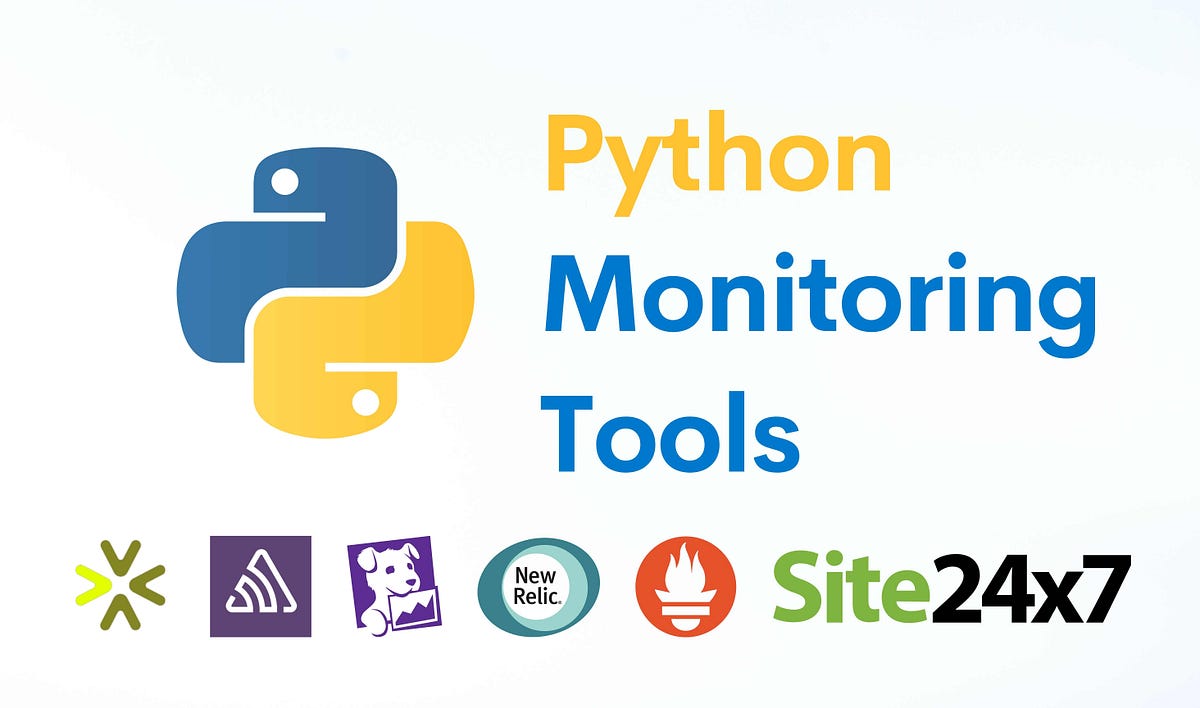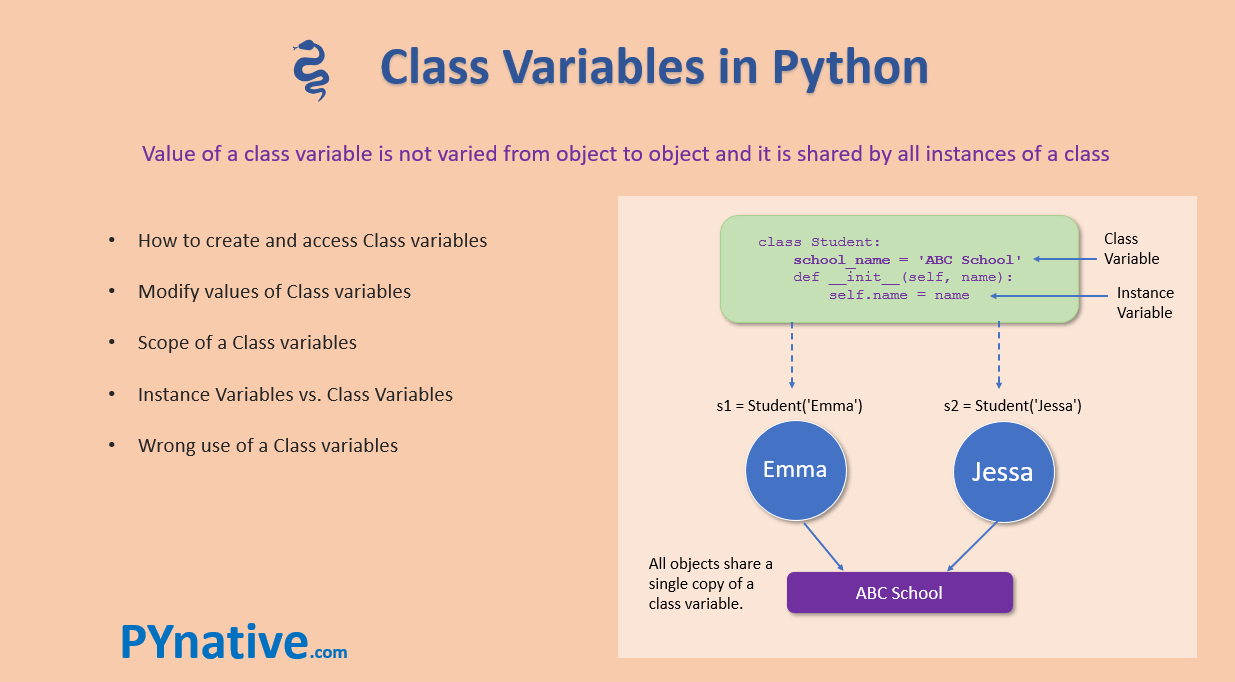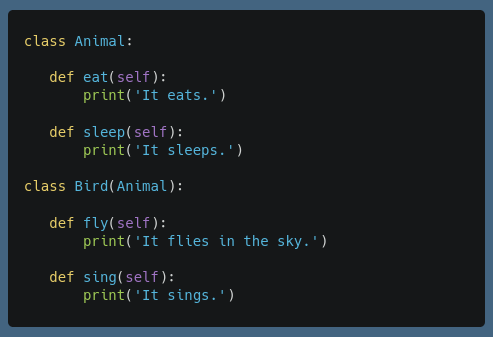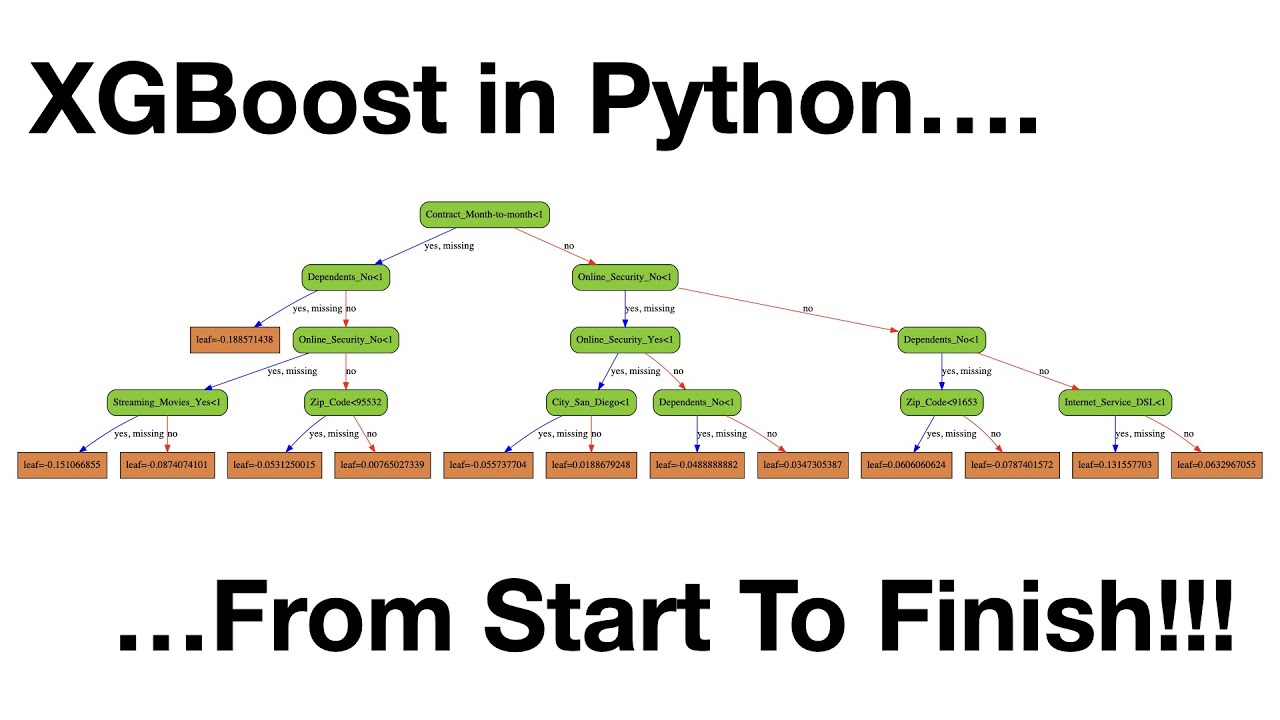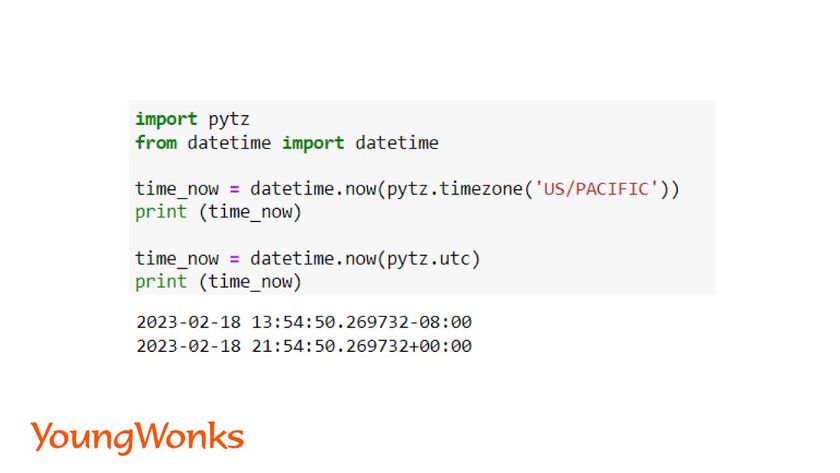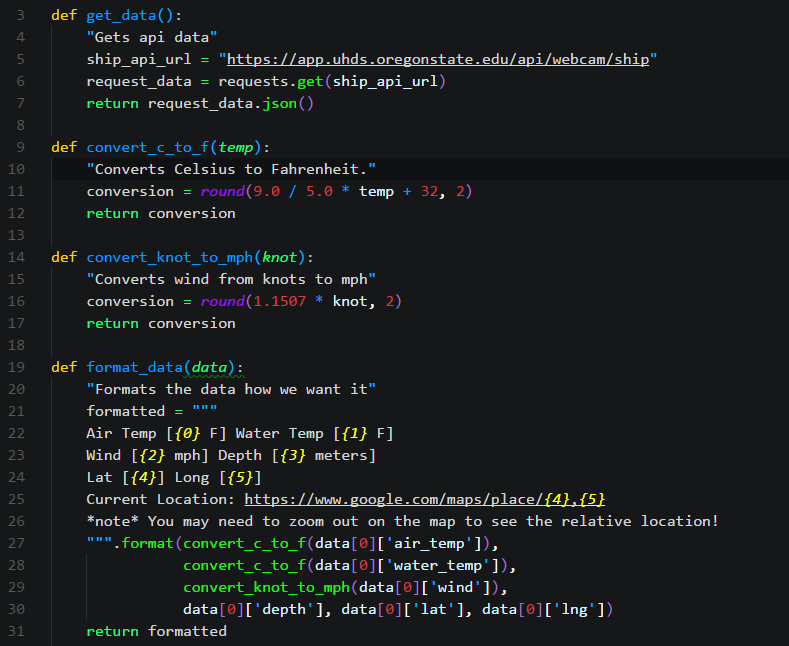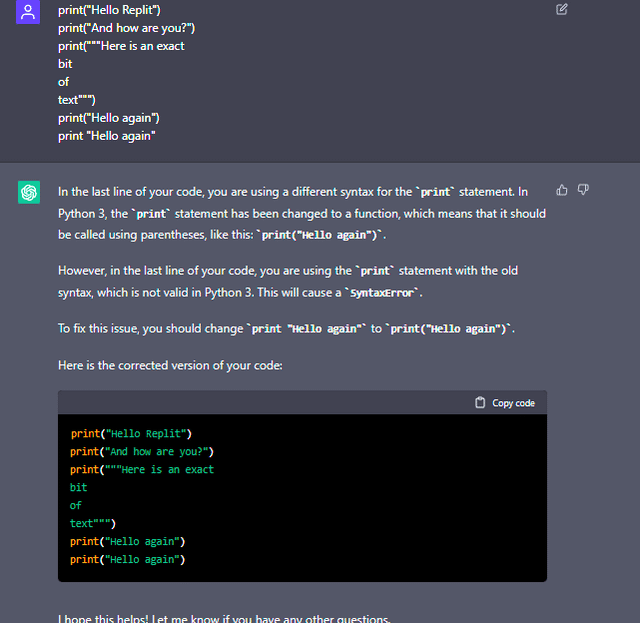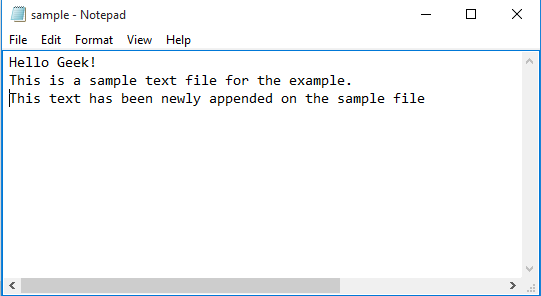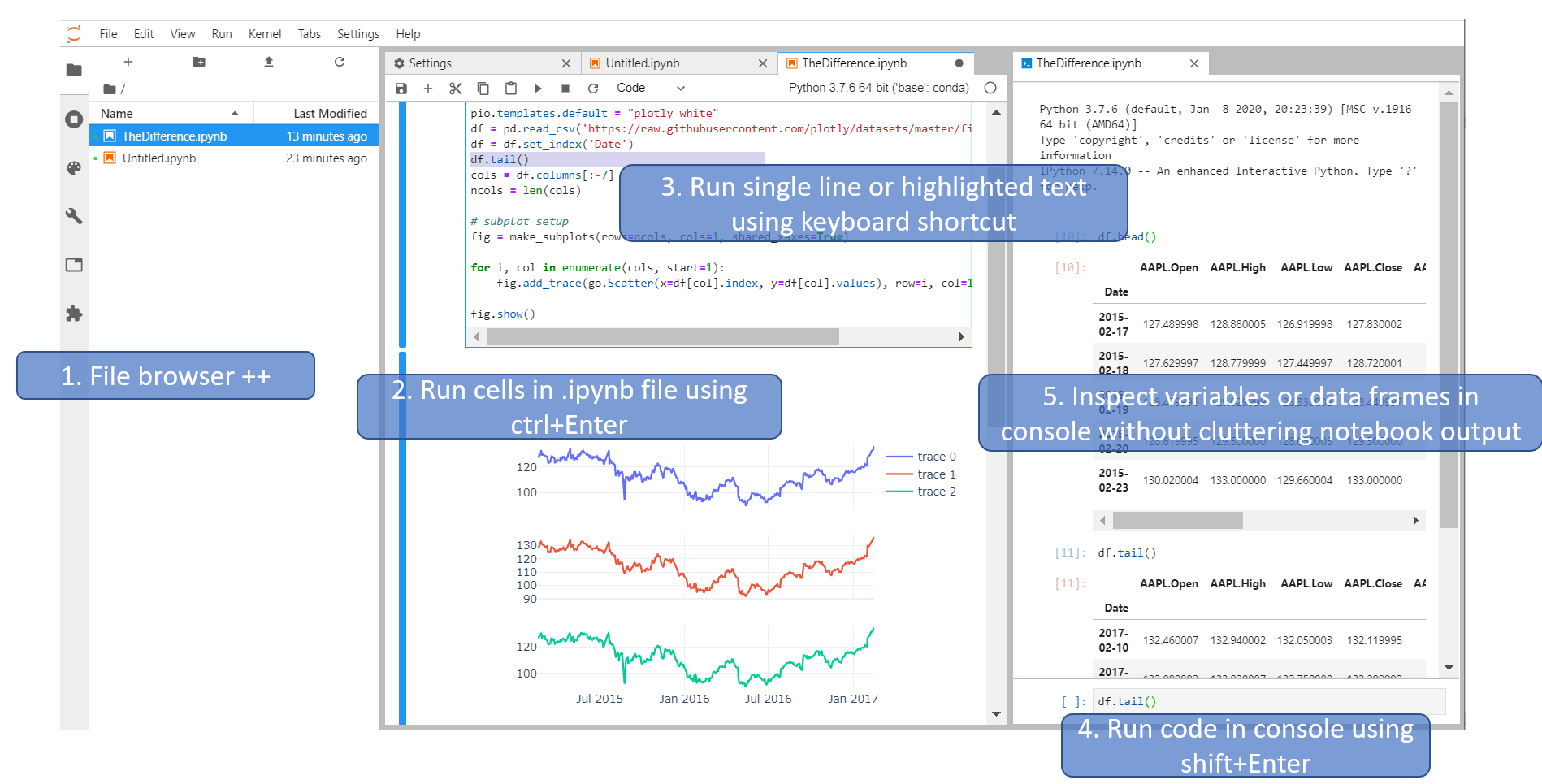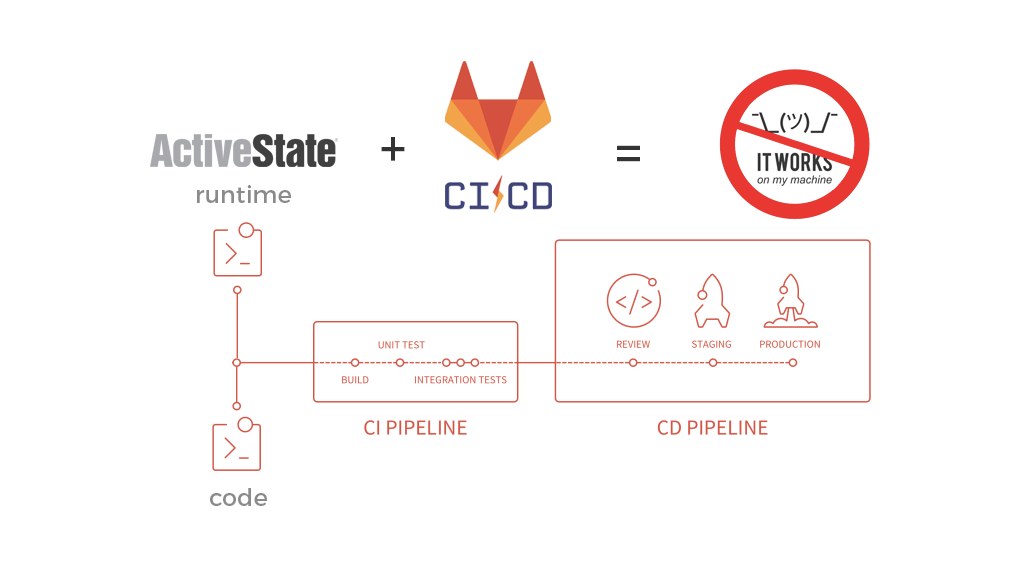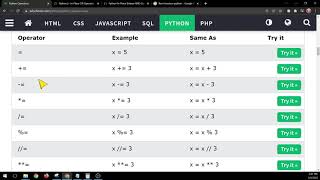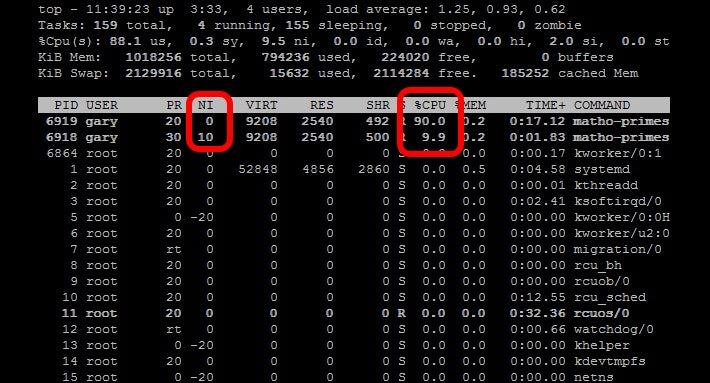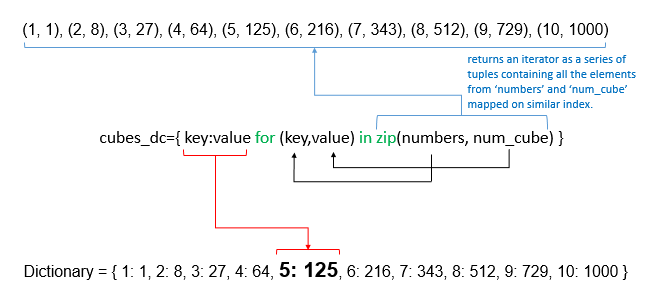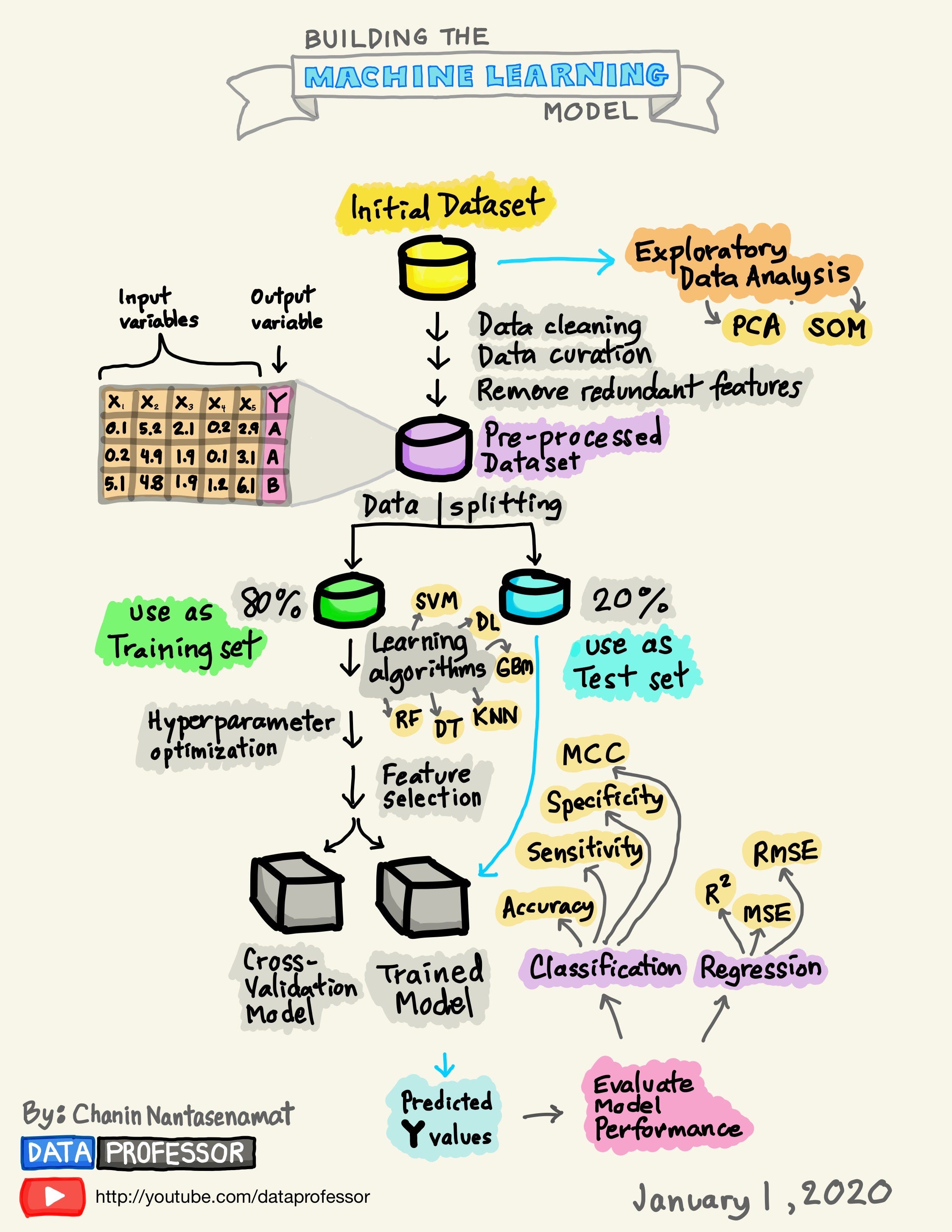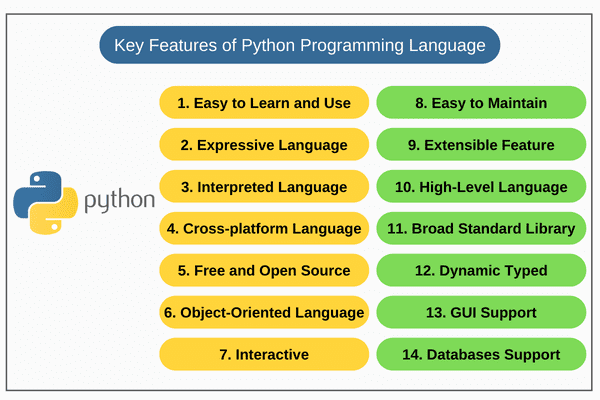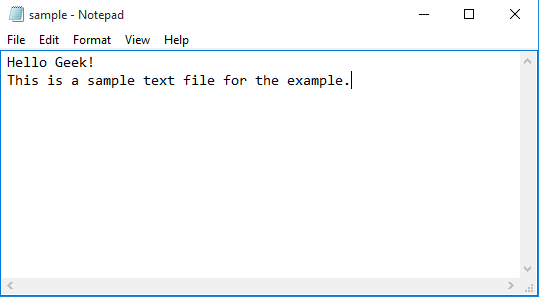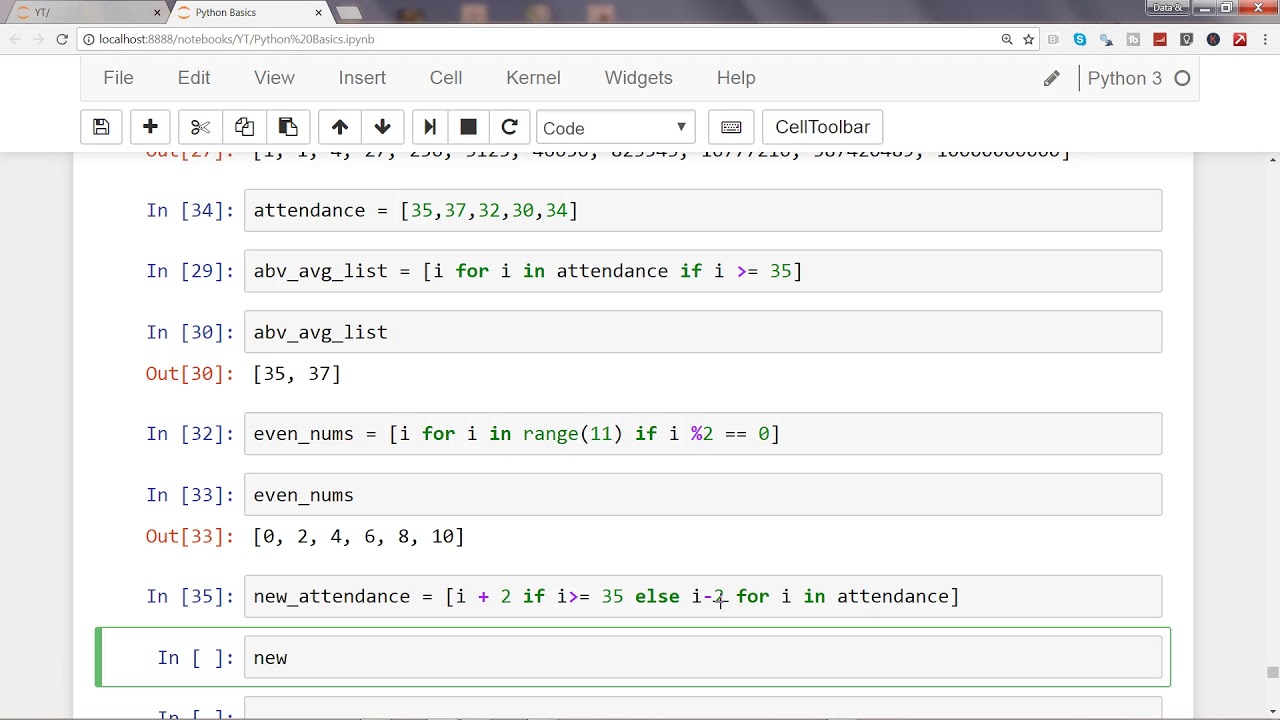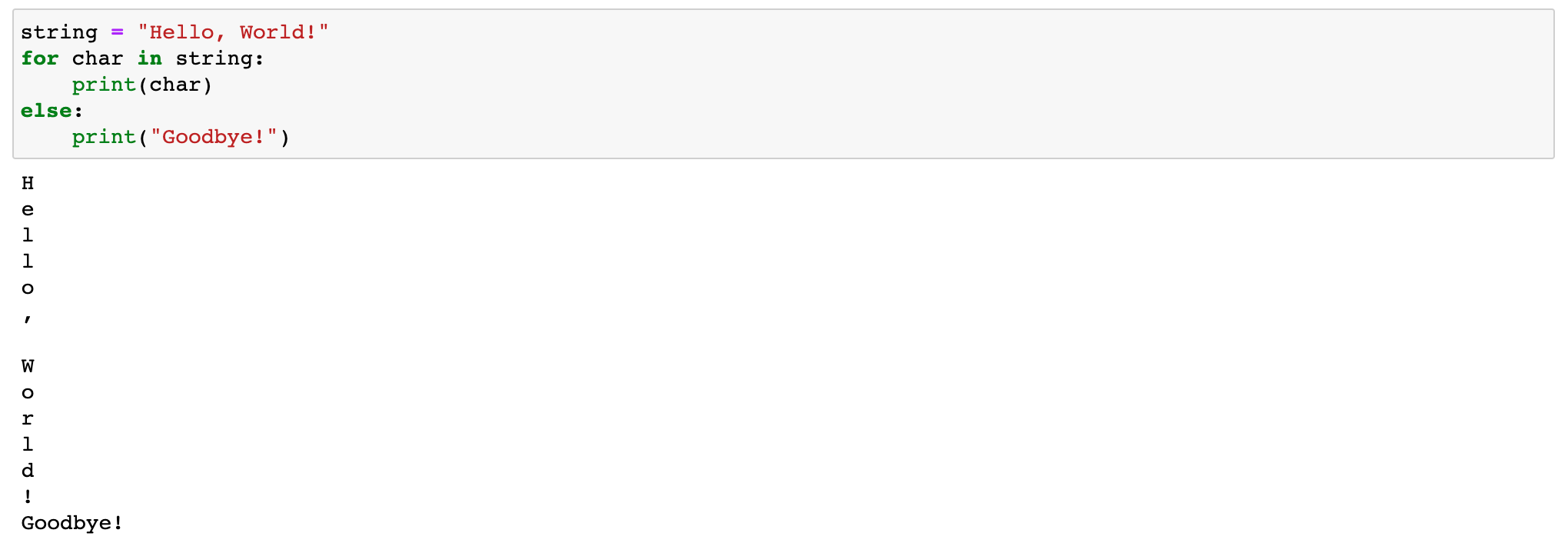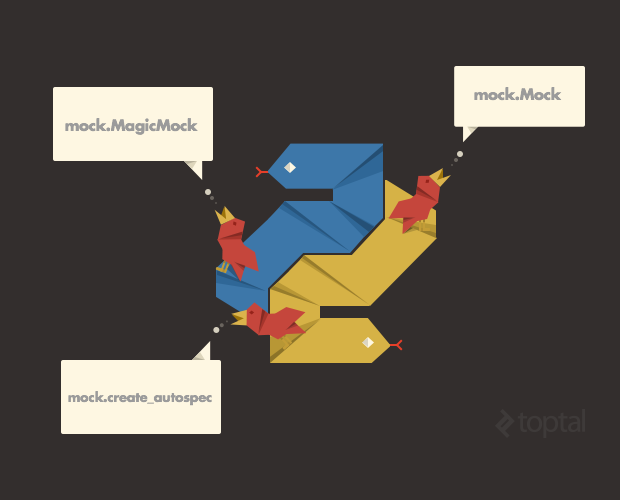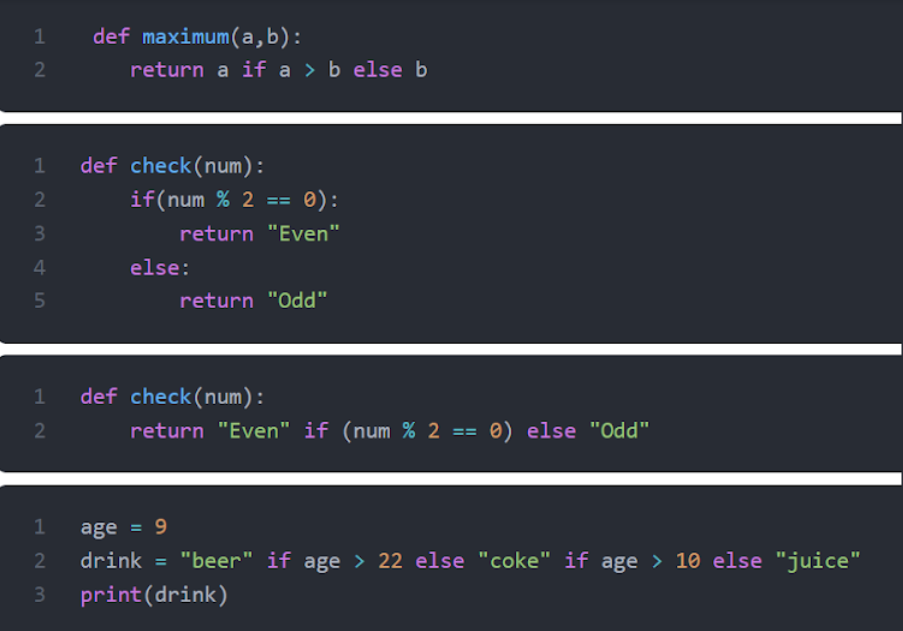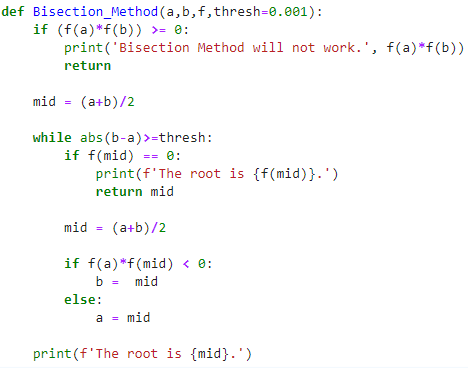What is the role of Python in testing?
What is the role of Python in testing?

I'm happy to help!
Python plays a significant role in software testing by providing a powerful and versatile toolset for test automation, test scripting, and data-driven testing. Here's why:
Automation: Python's ease of use, flexibility, and extensive libraries make it an ideal language for automating repetitive tests, freeing up manual testers to focus on more complex tasks.
Test Scripting: Python's syntax and nature lend themselves well to creating concise, readable, and maintainable test scripts. Its popularity in the software development community ensures a wealth of libraries and tools are available to support testing endeavors.
Data-Driven Testing: Python excels at data manipulation, processing, and visualization, making it perfect for data-driven testing. It can help generate test data, execute tests with different inputs, and analyze results.
API and Service Testing: Python's popularity in the web development community means many APIs and services provide Python-based clients or SDKs. This makes it a natural choice for testing API integrations and service-oriented architectures (SOA).
Behavior-Driven Development (BDD): Python is well-suited for BDD, as it can be used to create feature files and step definitions in frameworks like Behave and Cucumber.
Web Testing: Selenium, a popular web automation framework, supports Python. This allows for automated testing of web applications, ensuring that features are working correctly.
Mobile App Testing: Python-based tools like Robot Framework (with the Mobile module) enable test automation on mobile devices, covering native apps and hybrid web apps.
Integration Testing: Python can be used to create integration tests between different components or systems. Its flexibility allows for testing various scenarios, such as data flows, error handling, and performance under load.
Regression Testing: As software evolves, regression testing becomes crucial to ensure that changes don't break existing functionality. Python's reliability and maintainability make it an excellent choice for regression testing.
In summary, Python is a valuable ally in the testing realm, offering flexibility, ease of use, and versatility across various testing scenarios, from automation and scripting to data-driven and BDD-based testing.
Python automation testing with pytest
Python is a popular programming language that offers a range of tools for automation testing, including Pytest. Here's an overview of how to get started with using Pytest for automation testing:
What is Pytest?
Pytest is a Python-based unit testing framework. It provides a set of functionalities to write and run tests for your codebase. Pytest is highly customizable, flexible, and widely used in the software development industry.
Benefits of Using Pytest
Easy integration: Pytest seamlessly integrates with popular frameworks like Django, Flask, and Pyramid, making it easy to test web applications. Highly customisable: Pytest provides a lot of flexibility to customize your tests according to your specific needs. Fast execution: Tests written with Pytest execute quickly due to its just-in-time compilation and caching capabilities. Support for various test types: Pytest supports multiple test types, including unit tests, integration tests, and functional tests. Comprehensive reporting: Pytest provides comprehensive reporting features that help you understand the execution status of your tests.Setting up Pytest
To get started with using Pytest for automation testing, follow these steps:
Install Pytest: You can install Pytest using pip:pip install pytest. Create a test file: Create a new Python file in your project's root directory with the same name as your test suite (e.g., "test_example.py"). Define tests: Start writing your tests using Pytest decorators and assertions. Run your tests: Run your tests using the pytest command: pytest.
Pytest Syntax
Here are some basic syntax elements for writing tests with Pytest:
Test function: A test function in Pytest begins with thedef keyword followed by a descriptive name of the test.
import pytest
@pytest.mark.parametrize("input_value, expected_output", [
(2, 4),
(3, 9),
])
def test_example(input_value, expected_output):
assert input_value ** 2 == expected_output
@pytest.fixture decorator to define a fixture.
@pytest.fixture
def my_fixture():
yield "Hello, World!"
@pytest.mark.parametrize.
import pytest
@pytest.mark.skipif(True, reason="This test is skipped for some reason.")
def test_example():
pass # This test will be skipped.
Conclusion
Pytest is a powerful and flexible automation testing framework that simplifies the process of writing and running tests. By leveraging its customisation options, comprehensive reporting capabilities, and support for various test types, you can create robust and reliable tests for your codebase.
Now that you know how to set up Pytest and write tests with it, you're ready to start automating your testing process.
